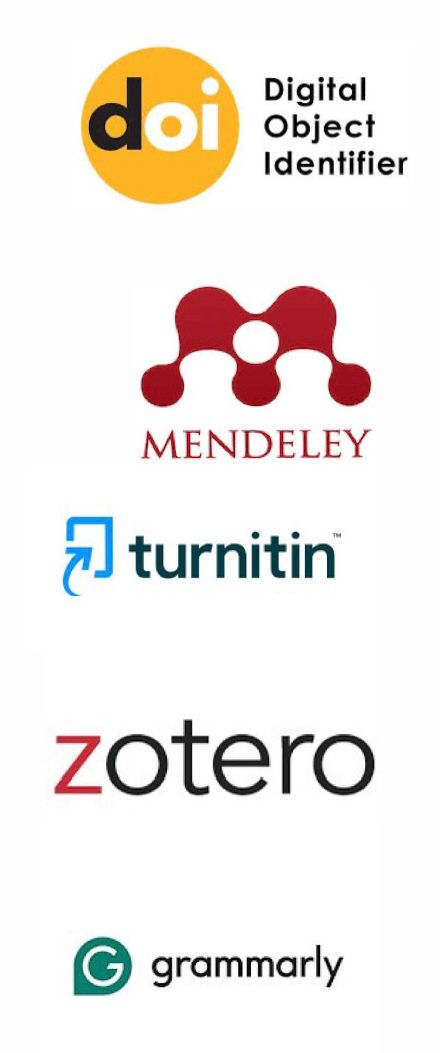Publication Ethics
Responsibilities of Authors
a. Accuracy and Transparency
Authors must present their research honestly, with clear and accurate descriptions of methods, data, and findings. Papers should include sufficient detail and references to allow others to reproduce the work. Fabricated, falsified, or misleading statements are unethical and will not be tolerated.
b. Data Availability
Authors may be asked to submit raw data for editorial inspection and should be ready to provide access to such data where possible. Authors are expected to preserve the underlying data for a reasonable period after publication.
c. Originality
Manuscripts must represent original work. If authors draw upon the ideas, words, or findings of others, these must be acknowledged through proper citation or quotation. Plagiarism in any form is unacceptable.
d. Duplicate Submission
Submitting the same manuscript to more than one journal at the same time is prohibited. Similarly, publishing substantially similar content in multiple outlets without justification is considered unethical.
e. Acknowledgement of Sources
Proper recognition of previous work is required. Authors must cite all sources that informed or influenced their study.
f. Authorship
Only individuals who have made significant contributions to the conception, design, execution, or interpretation of the research should be listed as authors. Others who contributed in a more limited way should be acknowledged. The corresponding author is responsible for ensuring that all co-authors approve the final manuscript and consent to its submission.
g. Conflicts of Interest
Authors must disclose any financial or personal relationships that could influence the interpretation of their research. All sources of funding must also be declared.
h. Corrections
If authors discover errors in their published work, they are obliged to inform the editors promptly and cooperate in issuing corrections or retractions where necessary.
i. Safety and Ethics in Research
If the research involves hazardous substances, procedures, or the use of human/animal subjects, authors must clearly state the potential risks and follow established ethical standards.
Responsibilities of Editors
a. Impartiality
Editorial decisions are based on the academic quality and relevance of the manuscript, without discrimination based on race, gender, religion, nationality, or political views.
b. Confidentiality
Editors must treat all submitted manuscripts as confidential and may share details only with the authors, reviewers, or editorial advisors involved in the publication process.
c. Conflict of Interest
Editors may not use unpublished material from submitted manuscripts in their own work without the author’s written consent.
d. Decision-Making
The editorial board has ultimate responsibility for deciding which manuscripts to publish. Decisions should be informed by the paper’s significance, originality, and contribution to the field, as well as legal and ethical considerations.
e. Peer Review Oversight
Editors ensure that all manuscripts undergo fair, rigorous, and transparent peer review. They are responsible for selecting qualified reviewers with appropriate expertise and avoiding reviewers with conflicts of interest.
Responsibilities of Reviewers
a. Supporting Editorial Quality
Peer reviewers provide critical assessments that help editors make informed decisions and guide authors in improving their manuscripts.
b. Timeliness
Reviewers who cannot meet the deadline or feel unqualified to assess a manuscript should promptly notify the editor and withdraw from the review process.
c. Objectivity
Reviews must be conducted professionally and constructively. Personal criticism of authors is inappropriate. Feedback should be evidence-based and clearly articulated.
d. Confidentiality
Manuscripts under review are confidential documents and should not be shared or discussed with others unless authorised by the editor.
e. Conflicts of Interest
Reviewers must decline to review manuscripts where they have financial, institutional, or personal conflicts. They must not exploit privileged information obtained during the review process for personal gain.
f. Acknowledging Prior Work
Reviewers should ensure that relevant literature is cited and should alert editors to any significant similarities or overlaps between the submitted manuscript and existing publications.

